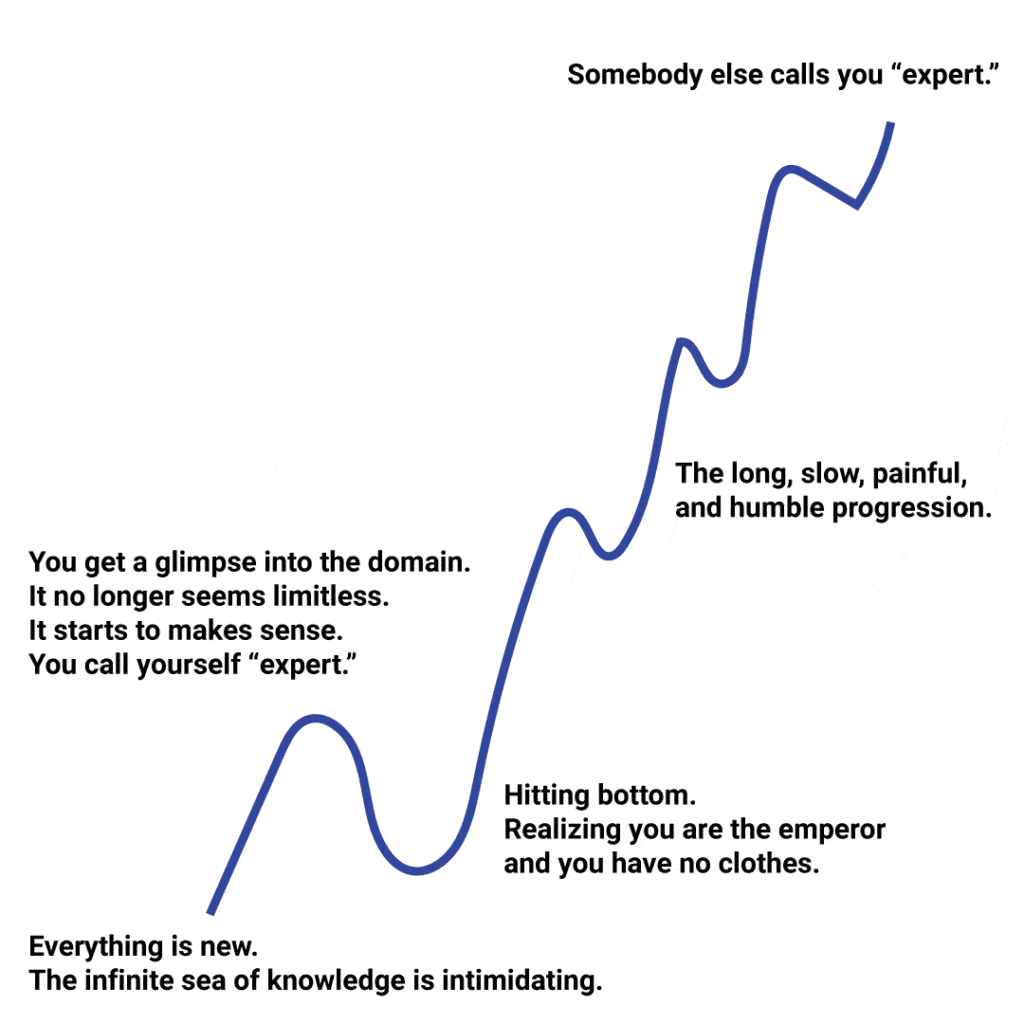Patent Strategy
Bad Behavior By Angel Groups -“Due Diligence”
Due diligence is supposed to help investors and the entrepreneurs, but many times it is a charade. I am a member of several angel investor groups, and I am intimately familiar with many more. In general, angel investor groups can be a positive force for good: they teach entrepreneurs and angels how the investing system…
Read MoreGullible Angel Investors and Provisional Patent Applications
Last time, we discussed the provisional patent application hoax perpetuated by patent attorneys. In this post, we look at the scam from the inventor/entrepreneur side. Many so-called inventors/entrepreneurs like to file their own provisional patent applications, then shop these to gullible angel investors, hoping that the angel investors will bite. The “inventor” is hoping that…
Read MoreThe Provisional Patent Hoax
One of the greatest hoaxes in our industry is the notion that provisional patent applications are a good thing. They are not. I am always amazed how some hoaxes are told over and over to the point where people actually believe them. When they find out that the hoax was not true, their confidence is…
Read MoreHow accelerators and angel groups lose their way.
Riding on the back of the entrepreneur. Ever drive by a construction site and see dozens of “supervisors” standing around, while one guy with a shovel is actually working? This is the perfect metaphor for the angel investment community, with the energetic, hard-working entrepreneur is deep down in the hole furiously shoveling, and everyone else…
Read MoreThe Endless Science Project
Serving two masters, and the enablement of investors. Some startups are the Endless Science Project. They start from a “cool” technological idea and work on endless science projects. They run one science project for a while, get tired of it, and move on to another one. Investors enable this to happen, and we, as investors,…
Read MoreCalling yourself an “Expert”
I avoid anyone who calls themselves an “expert” in anything. I would much rather have men ask why I have no statue, than why I have one. – Cato the Elder, from Plutarch’s Lives I run into countless entrepreneurs and inventors, and many of them like to brand themselves as “expert” or, worse yet, “visionary.”…
Read MorePatents Age Like Fine Wine
Patents reach peak valuation around year 12. Why is that? We like to think about patents as call options on technology. With a call option, you have the opportunity, but not the obligation, to cash in the option before it expires. A patent operates in a similar way. You have the opportunity, but not the…
Read MoreTrading on the Differences
Uncertainty is not a Bad Thing, it is Opportunity. Every time you see a news story or read a blog about a topic you know very well, it is amazing that the stories have lots of factual problems. This is not a problem, it is opportunity. For many years, I have been offended by how…
Read MoreIP Valuation in a Regulatory Framework
When an invention requires regulatory approval, a patent is a secondary element of intellectual property protection. Regulatory requirements trump patents as the primary form of protection or moat[1] against a business. Medical devices and pharmaceutical inventions operate within a regulatory framework: the Food and Drug Administration. The moat for competitors is to first overcome the…
Read MoreThe Government is the Worst Customer – and the Worst Investor
The Invisible Hand versus the Regulator’s Pen. We will always invest where Adam Smith’s “Invisible Hand” is pushing things forward, and avoid businesses where the regulator’s pen can wipe it out. We avoid regulatory risk, and so should early stage companies. Governments, by accident or design, distort the market in many ways. For example, the…
Read More
